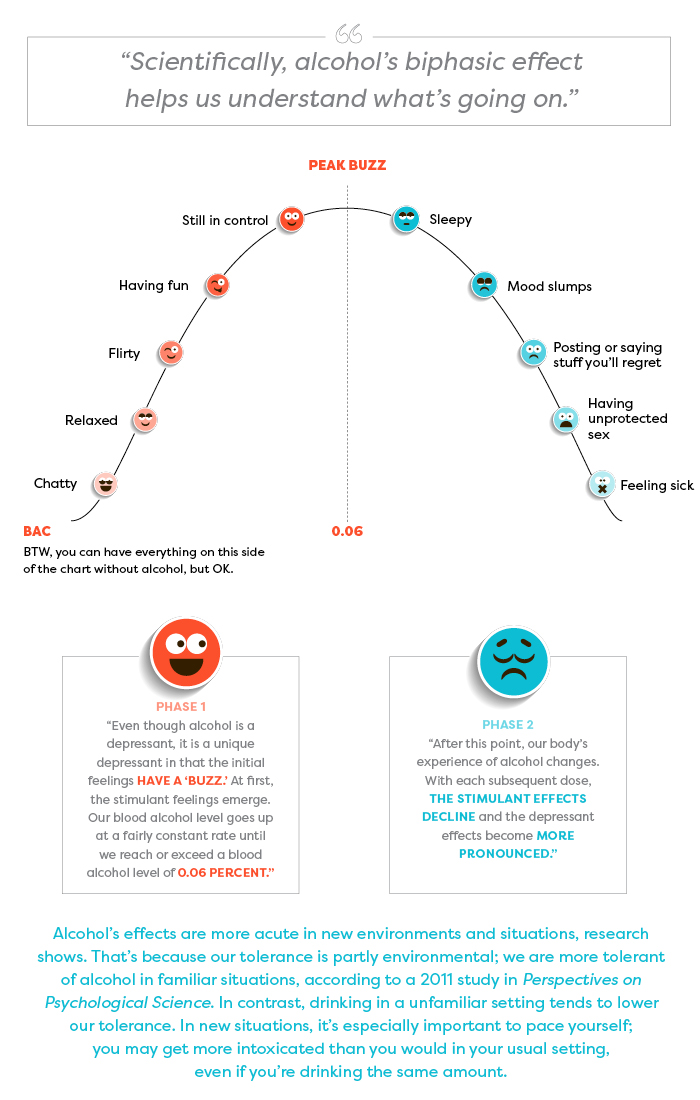Discover the surprising reasons why your alcohol tolerance may fluctuate so drastically, leading to unexpected side effects and consequences.
Table of Contents
Alcohol consumption is a common social activity enjoyed by many, but understanding the effects of alcohol on the body is essential for responsible drinking. One question that often arises is: how many beers does it take to get drunk?
Alcohol Metabolism
Alcohol metabolism is a complex process that occurs primarily in the liver. When you consume alcohol, enzymes in the liver work to break down the alcohol into acetaldehyde and then further metabolize it into acetic acid. This process is what allows the body to eliminate alcohol from the system.
However, the rate at which alcohol is metabolized can vary depending on a variety of factors. Weight, gender, and age all play a role in how quickly the body is able to process alcohol. Generally, a larger person may be able to consume more alcohol before feeling intoxicated compared to someone with a smaller body mass.
Individual Tolerance Levels
Individual tolerance levels to alcohol can vary significantly from person to person. Tolerance refers to the body’s ability to handle alcohol and its effects. Someone who frequently consumes alcohol may have a higher tolerance compared to someone who rarely drinks.
It’s important to be aware of your own tolerance levels and not push yourself to drink more than your body can handle. Drinking within moderation and being mindful of how alcohol affects you personally can help prevent overconsumption and potential negative consequences.
Factors Influencing Intoxication
There are several factors that can influence how quickly you become intoxicated when drinking alcohol. One key factor is the presence of food in your stomach. Consuming alcohol on an empty stomach can lead to faster absorption and intoxication, while eating a meal before drinking can slow down the absorption process.

Image courtesy of www.campuswell.com via Google Images
Hydration is also important when it comes to alcohol consumption. Staying well-hydrated while drinking can help reduce the effects of alcohol and prevent dehydration. Additionally, genetics can play a role in alcohol tolerance, as some individuals may have a genetic predisposition to process alcohol more efficiently.
Ultimately, responsible drinking is crucial when it comes to alcohol consumption. Knowing your limits, monitoring your alcohol intake, and being aware of how alcohol affects your body are key components of drinking in a safe and enjoyable manner.
Conclusion
As you consider the question of how many beers it takes to get drunk, remember that there is no one-size-fits-all answer. Your individual tolerance to alcohol is influenced by a variety of factors, and understanding these factors can help you make informed decisions about your drinking habits.
By being aware of the science behind alcohol metabolism, your own tolerance levels, and the various factors that can influence intoxication, you can enjoy alcohol in a responsible and safe way. Remember to drink in moderation, know your limits, and always prioritize your health and well-being when consuming alcohol.
FAQ
How does weight influence alcohol tolerance?
Weight can affect alcohol tolerance because larger individuals have more body mass to distribute alcohol, potentially requiring more drinks to feel intoxicated.
Can genetics play a role in alcohol tolerance?
Yes, genetics can impact alcohol tolerance as some individuals may have genetic variations that affect how efficiently their bodies process alcohol.
Why is it important to drink water while consuming alcohol?
Staying hydrated can help reduce the effects of alcohol and prevent dehydration, making it essential to drink water while consuming alcohol.
How should I monitor my alcohol intake?
Monitoring your alcohol intake involves being aware of how much alcohol you are consuming, knowing your limits, and being mindful of how alcohol affects your body to ensure responsible drinking.
Generated by Texta.ai Blog Automation


Leave a Reply